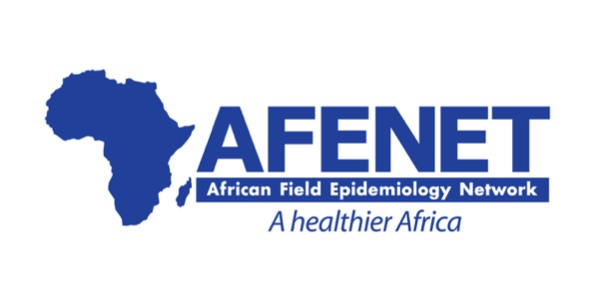By Iyemah David
The African Field Epidemiology Network (AFENET) has emphasised the need for journalists to understand the diverse beliefs driving people’s decisions regarding immunisation, amid discussions surrounding vaccine hesitancy.
Dr Patrick Nguku, Regional Technical Coordinator at AFENET, highlighted this during the Track 2 Social and Behaviour Change (SBC), Risk Communication Module of the Media-EIS Fellowship Programme, in Abuja on Thursday.
The Media-EIS Epidemiology, Infodemiology and SBC/Risk Communication Fellowship is aimed at improving the capacity of health journalists.
The fellowship was jointly developed by the Nigeria Centre for Disease Control and Prevention, AFENET and Breakthrough Action-Nigeria, in collaboration with Johns Hopkins Centre for Communication Programs.
Dr Nguku said that addressing vaccine hesitancy required a multi-faceted approach due to concerns about perceived benefits, adverse effects and influence of social norms and community dynamics.
“Even before you talk to me, what do I think and feel about these perceived benefits, these adverse effects? This reflects the sentiment echoed by many individuals grappling with vaccine hesitancy.
“Recognizing and addressing these concerns through targeted messaging and communication strategies is essential in reaching and engaging those who may be sceptical or undecided about vaccination,” he said.
He added that community influencers and trusted sources played crucial roles in shaping attitudes and behaviours toward immunisation.
“As discussions around vaccine hesitancy continue, segmenting audiences and tailoring messages to address specific concerns and motivations across the country is vital,” he said.
He said that efforts to combat vaccine hesitancy could gain momentum by addressing practical considerations and engaging key influencers.
According to him, this will ultimately contribute to improved public health outcomes.
Nguku highlighted the importance of understanding the dynamics of influence and interaction within communities.
“By understanding these dynamics, educators and advocates can design strategies to effectively disseminate information, foster engagement and catalyse positive change,” he said.




